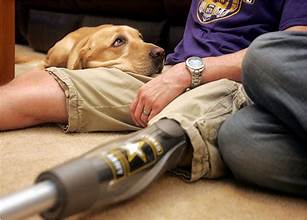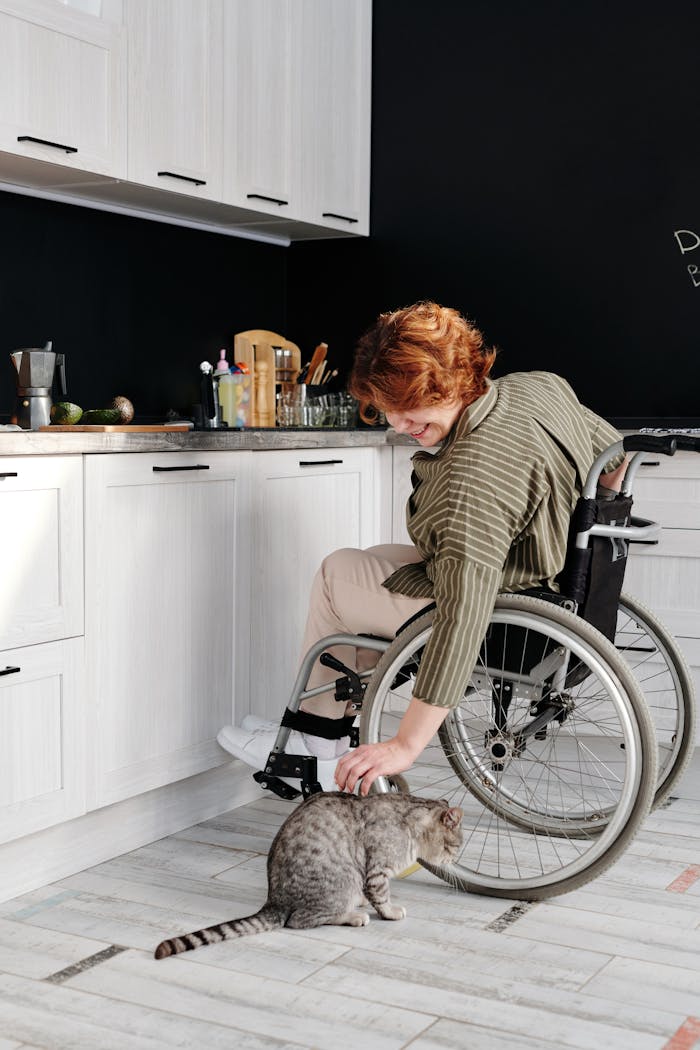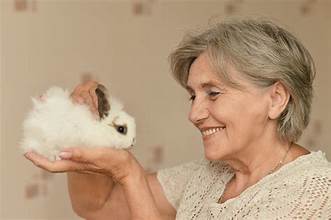Big Hearts, Big Help: The Role of Large Comfort Dogs
For individuals living with physical disabilities, day-to-day life often requires adaptive tools, support systems, and emotional resilience. One of the most loyal, loving, and surprisingly effective support systems can be found in a wagging tail and a pair of soulful eyes. Large comfort dogs, often called “gentle giants,” offer more than just companionship—they forge a unique bond, providing stability, emotional healing, and physical assistance with unmatched devotion.
Why Size Matters in Comfort and Support
Large dog breeds are naturally equipped to provide physical support, making them ideal companions for those with mobility issues or physical impairments. But their abilities don’t stop at strength—they offer calm, intelligent, and loving temperaments that soothe anxiety, reduce isolation, and foster independence.
How Large Comfort Dogs Support People with Physical Disabilities
1. Mobility Assistance
Many large dogs are trained to help individuals maintain balance, retrieve items, open doors, and even brace themselves for support. Breeds like Labrador Retrievers, Golden Retrievers, and Great Danes are often used in this role due to their size, steadiness, and ability to learn complex tasks.
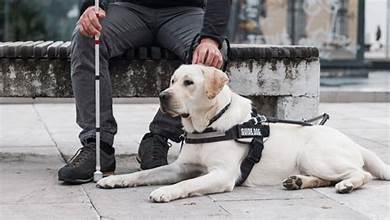
2. Stability and Walking Support
Dogs weighing 70 pounds or more can act as natural stabilizers, walking alongside individuals who use canes or crutches. Some are fitted with custom harnesses to provide safe, consistent balance support in everyday movement.
3. Deep Pressure Therapy
Larger dogs can offer deep pressure stimulation by lying across the lap or body of someone experiencing stress, anxiety, or sensory overload, which is helpful for those with physical and neurological conditions.
4. Providing Independence
Large comfort dogs allow individuals to complete daily activities without relying on others. Whether helping someone transfer from a wheelchair or alerting others during emergencies, these dogs empower people with greater autonomy, inspiring hope and independence.
5. Emotional Connection
Beyond the physical, large dogs have a uniquely calming presence. Their gentle nature, expressive eyes, and tendency to remain close provide a sense of emotional grounding, reducing feelings of isolation, frustration, and fear, and offering a comforting reassurance.
Top Large Dog Breeds for Comfort and Support
When selecting a comfort dog for physical disabilities, temperament and trainability are as important as size. Here are some of the best breeds known for their compassionate spirits and physical capability:
- Golden Retriever – Friendly, highly trainable, and gentle
- Labrador Retriever – Eager to please, intelligent, and loyal
- Great Dane – Calm, protective, and steady
- Bernese Mountain Dog – Patient, affectionate, and sturdy
- Standard Poodle – Hypoallergenic, alert, and easy to train
- Newfoundland – Known as “nanny dogs” for their caring nature
Real-Life Comfort: A Story of Strength and Support
“My service dog, Atlas, is a 110-pound Bernese Mountain Dog who helps me transfer from my wheelchair to bed. But more than that, he senses when I’m in pain, and lays his head on my lap until I calm down. He’s my strength, both physically and emotionally.” — Sarah M., living with multiple sclerosis.
What to Look for in a Large Comfort Dog
- Calm Temperament:
Look for patient, non-reactive dogs that are relaxed around new environments.
- Trainability:
Intelligent breeds are easier to train for tasks like retrieval, opening doors, or walking support.
- Physical Health:
Healthy joints, strength, and longevity are vital for long-term service.
- Social Nature:
Friendly dogs that bond closely with their owners provide the best emotional support.
Before You Bring One Home: Tips for Success
- Work with a Trainer or Therapy Dog Program:
Professional guidance ensures the dog can meet your physical and emotional needs.
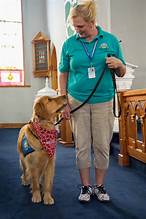
- Consider Certification:
Some comfort dogs may be eligible for Emotional Support Animal (ESA) or Service Dog status, depending on their role.
- Assess Your Environment:
Ensure your living space accommodates a large breed comfortably and safely.
Final Thoughts: When Comfort Comes in a Giant Package
Large comfort dogs offer a beautiful balance of strength and sensitivity. For individuals with physical disabilities, they are more than just pets—they are protectors, helpers, and best friends. These gentle giants walk beside their humans in body and heart, offering every step as a shared journey of courage, comfort, and unwavering love.

